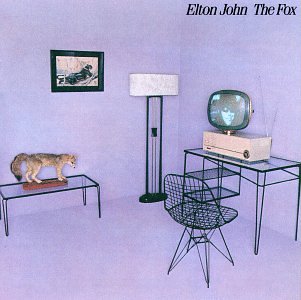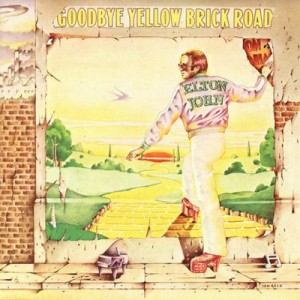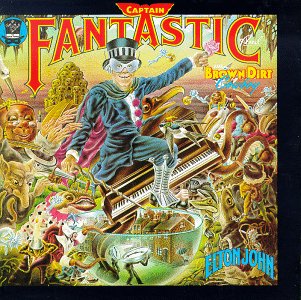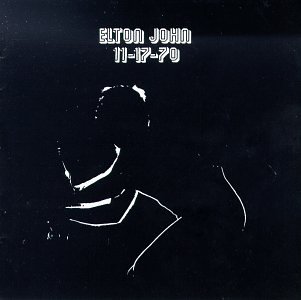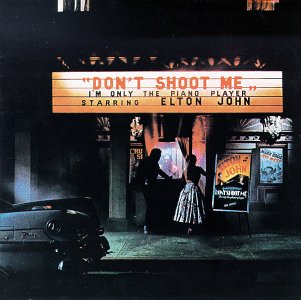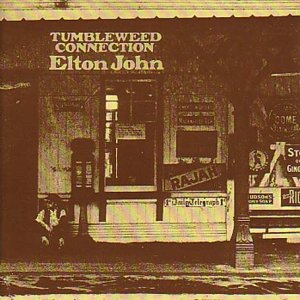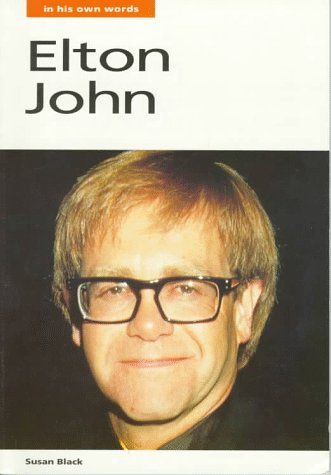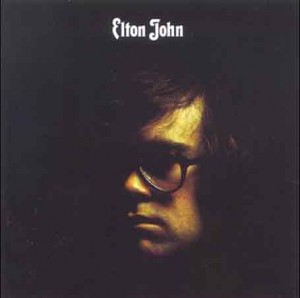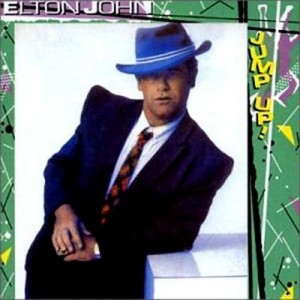
1982' "Jump Up!" Was A Misstep After "The Fox", Although If Featured The Massive John Lennon Tribute "Empty Garden"
Those who claim that Elton’s albums through the ‘80s were collections of substandard songs that had only a couple of substantial cuts thrown in can point their fingers at albums like “Jump Up!” and goad fans of Captain (formerly) Fantastic to no end.
The record was dominated by songs like “Dear John” and “I Am Your Robot” – cuts that were fluff at best (although “I Am Your Robot” achieved a nice, crunchy guitar sound), whereas bathetic material like “Blue Eyes” basically redefined the meaning of the expression “show me an open window and I’ll go through it”.
Most of the troublesome numbers were penned by Gary Osborne, one of Elton’s most frequent lyricists during the ‘80s. But Bernie Taupin also had some input on the album, and it was him who ultimately provided the best material for Elton to work upon. If we leave aside “I Am Your Robot”, that’s it. “Where Have All The Good Times Gone?” (not to be mistaken with the song by The Kinks of the same name) might have been clichéd, but Elton sounded truly at home when singing it, and the same went for the album closer “All Quiet On The Western Front”.
And the indisputable achievement of the whole record (and one of the few compositions that always receives praise, even from big detractors of Elton) was the work of the diminutive lyricist from Lincolnshire. Of course, I am speaking about “Empty Garden”, John Lennon’s eulogy, and a piece that anchors the whole album on a territory that is somehow more respectable. I consider it the best John/Taupin tribute, way ahead of “Candle In The Wind” and “Cage The Songbird”, and a song that proved that while Elton could only produce sporadic hit material during the ´80s, when he did deliver the goods the result was masterful. Continue reading

